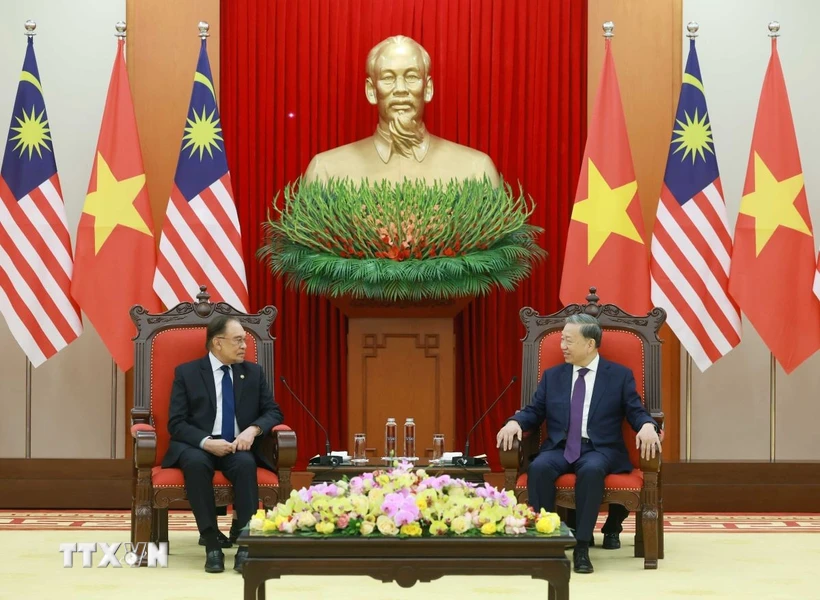
General Secretary To Lam receives Malaysian Prime Minister Anwar Ibrahim. (Photo: Thong Nhat/VNA)
In November 2024, General Secretary To Lam and Malaysian Prime Minister Anwar Ibrahim agreed to issue a Joint Statement on upgrading Vietnam-Malaysia relations to a Comprehensive Strategic Partnership; affirming their commitment to supporting each other on each country's development path.
The establishment of this framework has helped create an important foundation and direction for bilateral cooperation in the new period, with four main pillars: promoting political , defense and security cooperation; enhancing economic connectivity towards sustainable development; opening up cooperation in new areas such as digital transformation, clean energy, new technology, as well as helping to strengthen coordination on international and multilateral issues.
The Comprehensive Strategic Partnership framework opens a new era of development between Vietnam and Malaysia. Adding momentum to the relationship that is being effectively nurtured between the two countries, from May 24 to 28, Prime Minister Pham Minh Chinh and his wife will pay an official visit to Malaysia and attend the 46th Summit of the Association of Southeast Asian Nations (ASEAN) and related summits.
On this occasion, VNA reporters in Kuala Lumpur interviewed Malaysian scholars about the relationship between the two countries.
Commenting on the prospects for cooperation between Malaysia and Vietnam, Professor Datuk Awang Azman Awang Pawi of the University of Malaya said that both countries are developing rapidly and playing an active role in ASEAN, thereby creating a solid foundation for promoting bilateral relations. He emphasized that the two countries can effectively exploit the potential in four key areas.
First of all, the maritime economy and fisheries - traditional industries but still have a lot of room for development.
Next is green energy and renewable technology, where Malaysia and Vietnam can cooperate in developing clean energy sources such as solar, wind and hydrogen, with technology transfer considered to be at the heart of the agenda.
In addition, the Halal and agricultural processing industries also open up many cooperation opportunities, as Malaysia's global Halal certification can help Vietnam penetrate deeper into potential markets, especially the Middle East region.
Finally, in the context of global digital transformation, digital economy and cybersecurity become promising fields, with the ability to attract investment in artificial intelligence, e-commerce and smart manufacturing.
To improve the effectiveness of cooperation and deepen the existing partnership, Professor Awang proposed three specific solutions. First, the two sides need to establish high-level bilateral task forces with a clear key performance indicator (KPI) system to ensure substantive results.
In addition, expanding the participation of the private sector and universities in innovation cooperation programs will contribute to creating new momentum for creative development.
Finally, enhancing connectivity in logistics and customs procedures is considered a key condition to promote trade, thereby increasing bilateral trade volume in a sustainable and effective manner.
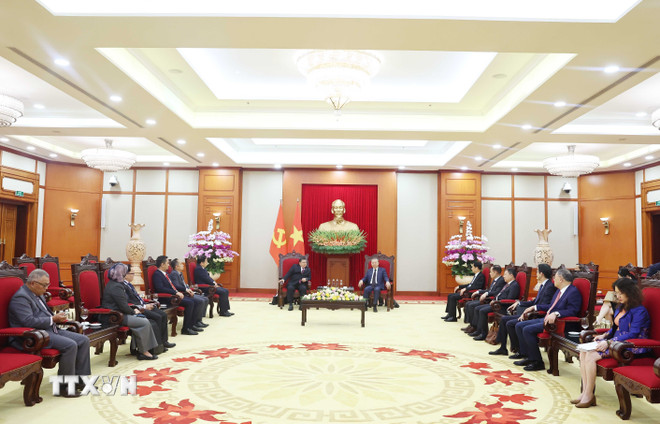
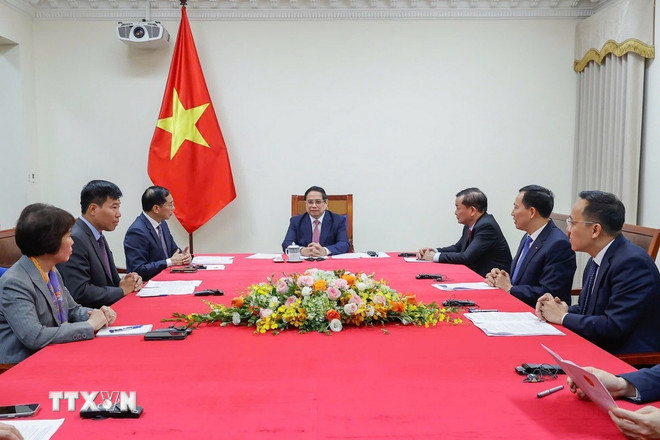
Prime Minister Pham Minh Chinh talks on the phone with Malaysian Prime Minister Anwar Ibrahim. (Photo: Duong Giang/VNA)
According to Professor Yeah Kim Leng of Sunway University, both Vietnam and Malaysia are benefiting from the investment shift trend following the “China+1” strategy, as international businesses seek to diversify their supply chains away from China. Vietnam has attracted significant investment from both China and the US thanks to its favorable geographical location, abundant labor force and increasingly improved investment environment. Malaysia is no exception to this trend.
Professor Yeah Kim Leng pointed out that Malaysia has a clear advantage in attracting high-tech industries, especially high-end electronics and data centers. Not only is Malaysia at the forefront of the trend of applying Artificial Intelligence (AI), it is also proactively implementing strong support policies to promote the development of industries within the scope of the Industrial Revolution 4.0.
The country has rolled out the red carpet for investors by offering attractive incentives, including good infrastructure, competitive land prices and low utility costs - key factors that create a superior comparative advantage.
Professor Yeah Kim Leng also stressed that part of Malaysia's success in attracting investment in data centers comes from "semiconductor interest" - the special interest of multinational corporations, especially American companies, in the development of the semiconductor industry here. According to him, this is not only the inevitable result of favorable investment conditions but also reflects strategic confidence in Malaysia's long-term potential as a high-tech hub in the region.
Discussing the potential for cooperation between Vietnam and Malaysia, Professor Yeah Kim Leng emphasized the possibility that the two economies can complement each other harmoniously, considering the current structure and level of economic development. According to him, although Malaysia has now become an upper middle-income country, while Vietnam is still in the middle-income group, it is worth noting that the Vietnamese economy is growing at a very fast rate, to the point that its total scale has surpassed Malaysia's. This is an important premise for the two countries to be able to expand cooperation in a substantive and mutually beneficial manner.
In terms of market opportunities, Professor Yeah Kim Leng said it is important for the two countries to increase access to each other’s products. Products that Malaysia produces but are not yet popular in Vietnam can be exported to Vietnam to fill the market gap – and vice versa. This complementary model not only helps optimize the regional supply chain, but also contributes to expanding the bilateral trade space, towards a more balanced and effective trade relationship.
However, he also frankly admitted that in certain areas, the two countries may have products that directly compete. However, in his view, competition is not an obstacle but, on the contrary, a positive force. Providing similar products to the international market will create diversity in choice for consumers, while also showing that global demand is still very large and has not been fully met. That is the opportunity for both countries to continue to expand market share, improve production capacity and affirm their position in the international arena.
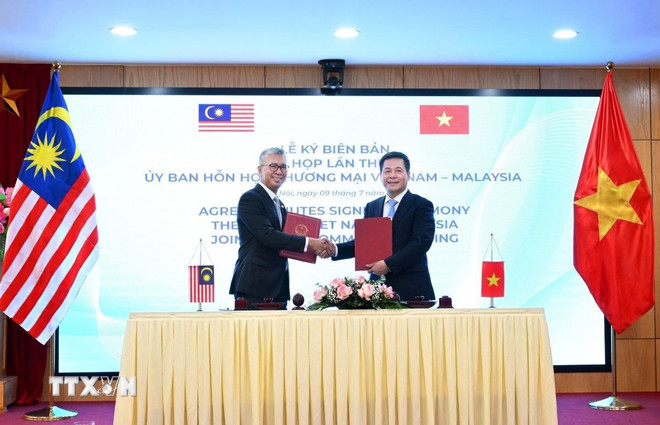
Minister of Industry and Trade Nguyen Hong Dien and Malaysian Minister of Investment, Trade and Industry Zafrul Abdul Aziz co-chaired the meeting. (Photo: Tran Viet/VNA)
In addition to the key areas of economic cooperation, Professor Yeah Kim Leng also pointed out that there is still much room for Vietnam and Malaysia to learn from each other, especially in areas such as tourism, education, healthcare and infrastructure development. These areas are not only pillars of social development but also open up opportunities for extensive cooperation through trade promotion and support programs.
According to him, strengthening such activities will help improve the capacity of businesses on both sides in seeking investment opportunities and expanding markets in partner countries, while promoting increasingly deeper ties between the business communities and industries of both countries.
A notable point in Professor Yeah Kim Leng's assessment is the potential for cooperation in the digital economy. He believes that both Vietnam and Malaysia are paying special attention to the digital transformation process, considering it an important driving force for economic development in the new era. The digital economy is not limited to a few specific industries but is spreading its influence to almost all areas, from manufacturing, trade, finance to public services.
The two countries being able to share experiences, learn from each other about the speed and way of applying digital technology, as well as the ability to adapt to the accompanying challenges, will create a solid foundation for increasingly effective cooperation.
Professor Yeah Kim Leng also emphasized that the ASEAN Digital Economy Blueprint, an initiative that is being strongly promoted by the region, will be an ideal framework for Vietnam and Malaysia to enhance cooperation in this field. Through the ASEAN common blueprint, the two countries can not only coordinate policies and synchronize standards, but also jointly take advantage of the opportunities brought by the digital economy to rise stronger in the regional and global value chain.
Assessing the overall Vietnam-Malaysia relationship, Professor Yeah Kim Leng concluded that the core and long-term issue is that both countries need to continue to focus on the goal of sustainable economic growth and enhancing resilience to global fluctuations. According to him, only when both countries strengthen their economic strength and response capacity can they effectively expand and deepen bilateral cooperation, especially in the field of trade.
Professor Yeah Kim Leng emphasized that this is not only a strategic choice, but also a real opportunity for the two countries to bring economic benefits to each other, through taking advantage of their strengths and complementary capabilities in the common development process of the region.
As ASEAN reshapes its role in the global supply chain, close coordination between Vietnam and Malaysia will contribute significantly to creating strong, flexible and highly adaptive links, thereby enhancing the position of both countries in the international arena.
The University of Malaya, one of the oldest and most prestigious educational institutions in Malaysia and Southeast Asia, was honored to welcome General Secretary To Lam during his official visit to Malaysia in November 2024. During the visit, the General Secretary delivered an important speech at the University of Malaya, affirming the role of education in enhancing cooperation and mutual understanding between the two countries.
Referring to the role of universities such as the University of Malaya in strengthening people-to-people ties between the two countries, especially with the younger generation, foreign affairs and security expert Collins Chong Yew Keat - lecturer at the University of Malaya, emphasized that this is an extremely important pillar. He affirmed that the University of Malaya is not only a center for training high-quality human resources but also a place to inspire and nurture leadership, critical thinking and global integration capacity for students. Students here are given autonomy in their studies and are encouraged to develop comprehensively, so that when they graduate, they can carry the reputation, brand and spirit of the university far and wide, not only within the country but also in the international arena.
In promoting people-to-people ties between Vietnam and Malaysia, the University of Malaya has implemented many practical and diverse programs. Student exchange programs, cultural exchanges, and academic cooperation from professor to student levels have become effective bridges, helping the young generations of the two countries understand each other more deeply, sharing knowledge, values, and common aspirations for a prosperous and sustainable regional future. These efforts not only strengthen the foundation of bilateral relations but also open up new directions in educational cooperation - one of the sustainable driving forces for the common development of ASEAN.
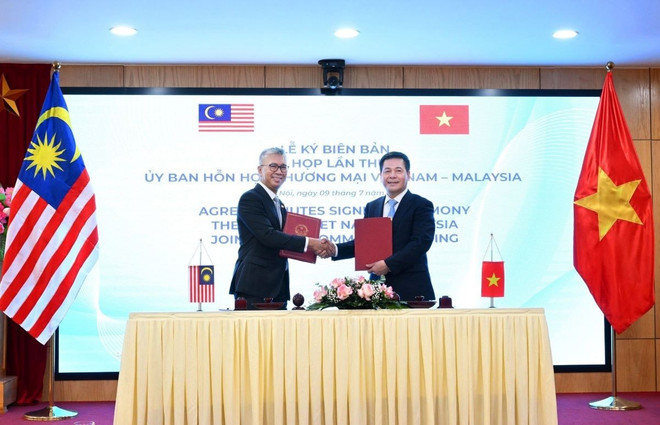
Minister of Industry and Trade Nguyen Hong Dien and Malaysian Minister of Investment, Trade and Industry Zafrul Abdul Aziz co-chaired the meeting. (Photo: Tran Viet/VNA)
The University of Malaya strongly believes that promoting the partnership between Vietnam and Malaysia should not be limited to the official channels between the two governments, but should be expanded and deeply nurtured at the societal level. According to the University of Malaya, people-to-people ties - where cultural exchanges, historical understanding and common aspirations take place - are a solid foundation for long-term and sustainable cooperation.
In that context, education, especially higher education, plays a role as a pillar with strong influence, creating conditions for the relationship between the two countries to develop in depth.
The University of Malaya hopes to have more Vietnamese students come to exchange and study in Malaysia, not only to access high-quality education, but also to experience the local culture, strengthening the bond between the young generations of the two countries. In return, the school also strives to help Malaysian students gain a deeper understanding and appreciation of the unique features in the culture and language of ASEAN countries, including Vietnam. With a language department and well-organized training programs, the University of Malaya is ready to act as a bridge for cultural exchange, contributing to the formation of a united and diverse ASEAN community.
The school believes that students - young people who are and will be part of the future workforce - are the key factor contributing to the development of the country and the region. They not only carry personal aspirations but also shoulder the mission of contributing to the common progress.
Through cooperation programs between the University of Malaya and educational partners in Vietnam, the potential of students from both countries will continue to be nurtured and promoted, contributing to building a generation of global citizens full of courage, knowledge and responsibility./.
(Vietnam+)
Source: https://www.vietnamplus.vn/quan-he-doi-tac-moi-mo-ra-ky-nguyen-phat-trien-moi-viet-nam-malaysia-post1040359.vnp


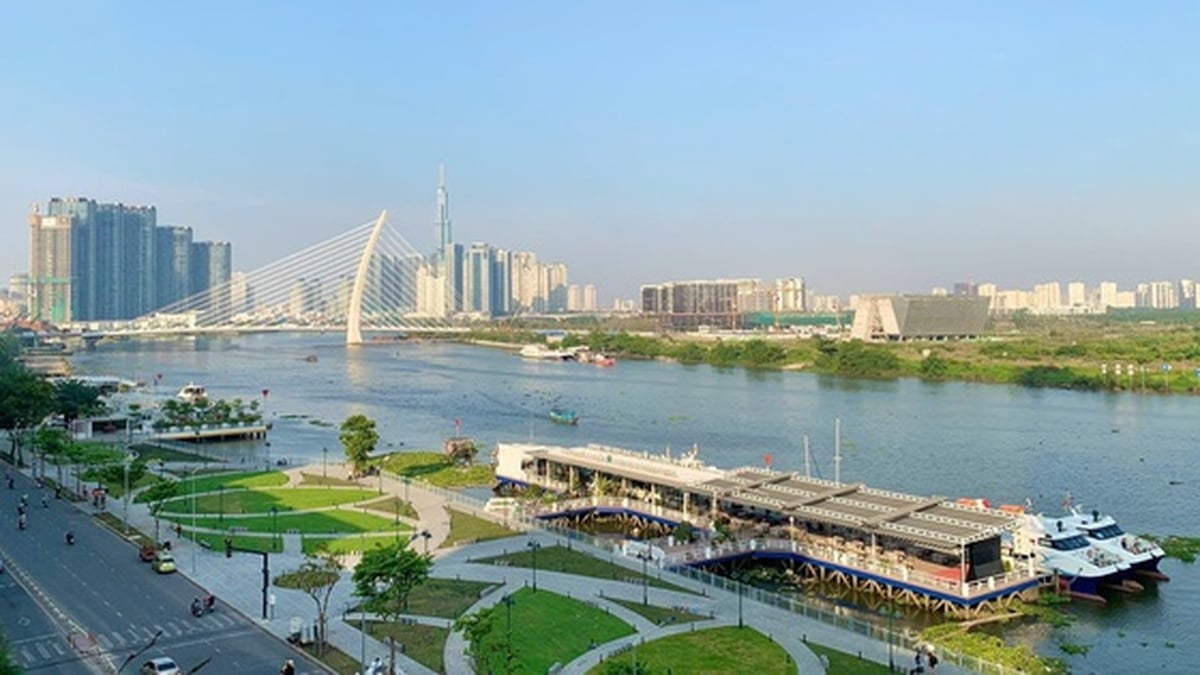
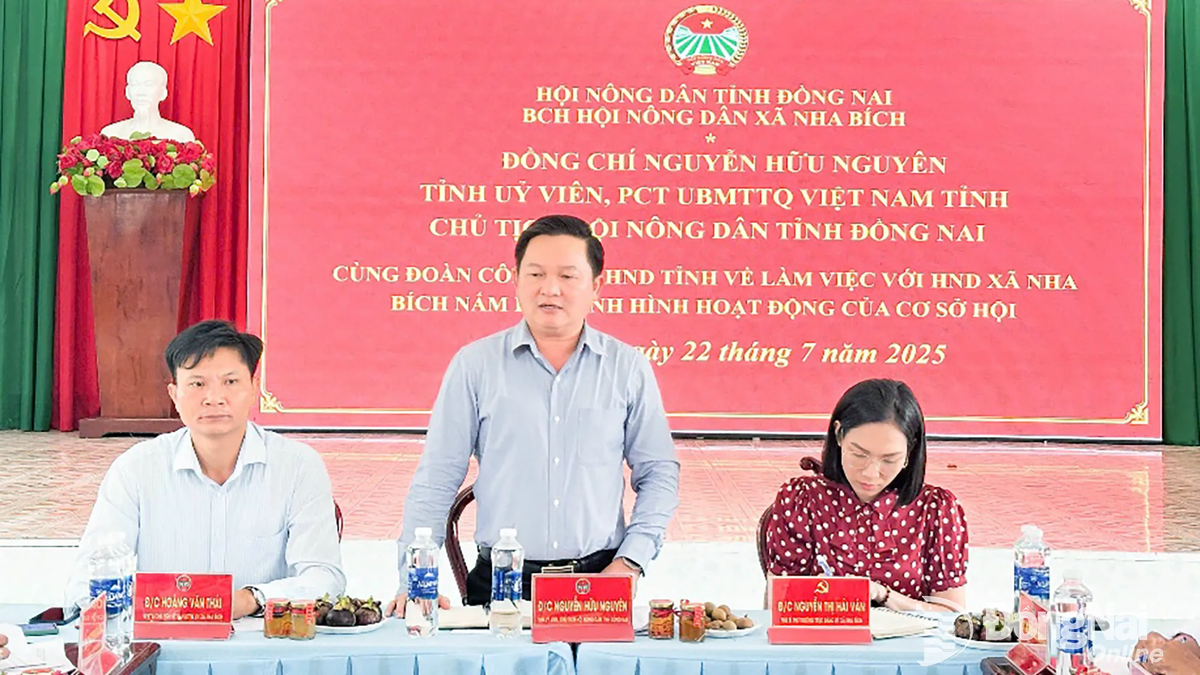















![[Infographic] Vietnam-Senegal traditional friendship](https://vphoto.vietnam.vn/thumb/1200x675/vietnam/resource/IMAGE/2025/7/23/4c96a604979345adb452af1d439d457b)









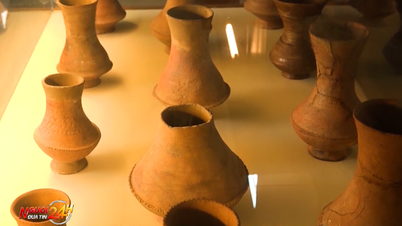

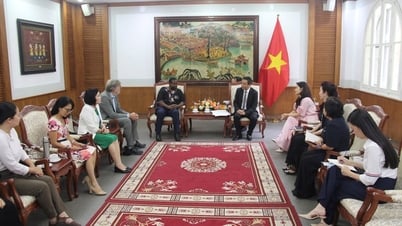

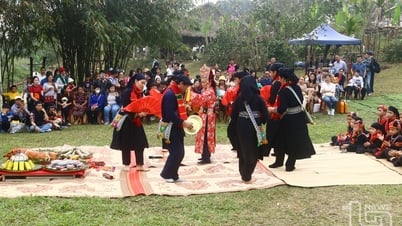
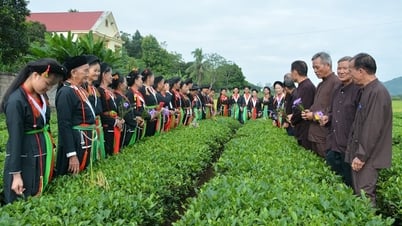

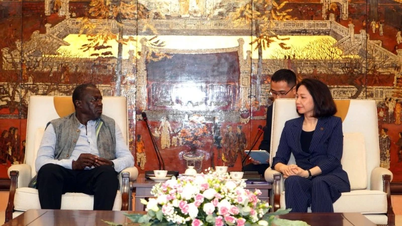


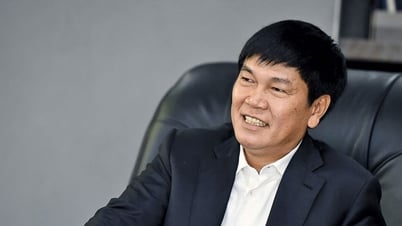

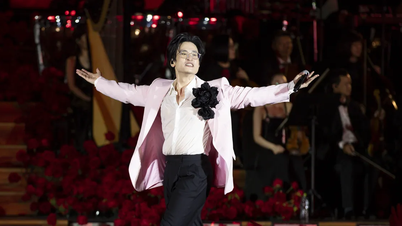

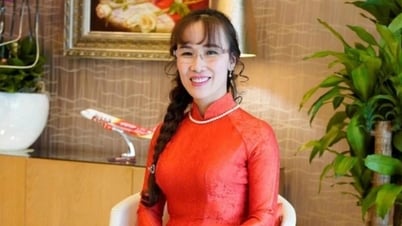



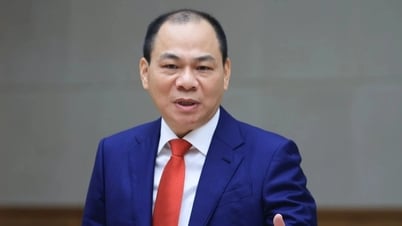
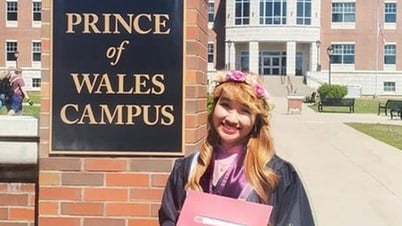
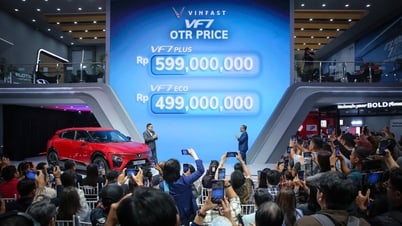

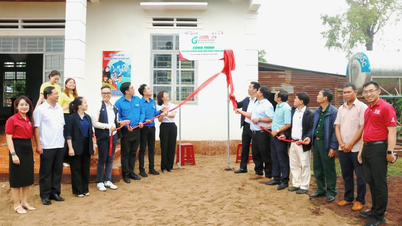

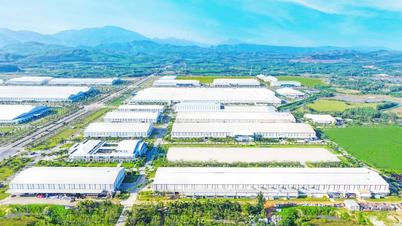
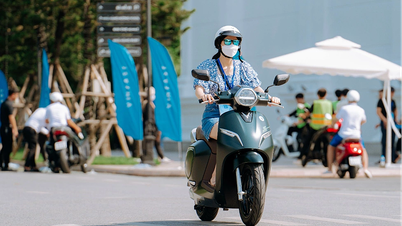

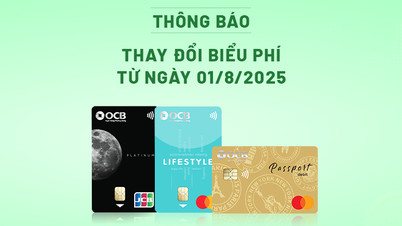

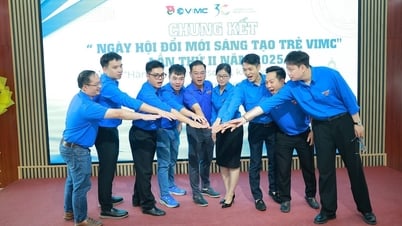
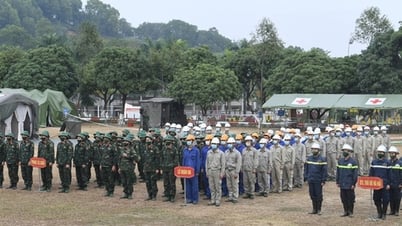




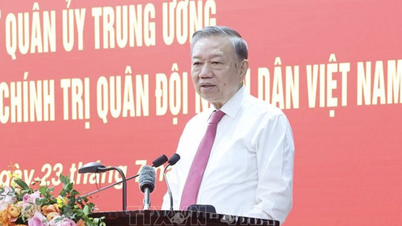

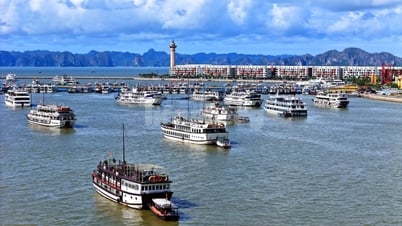



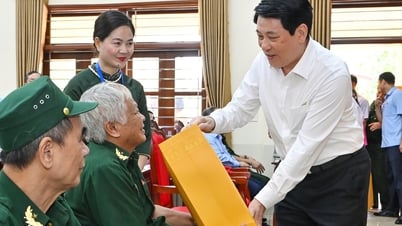

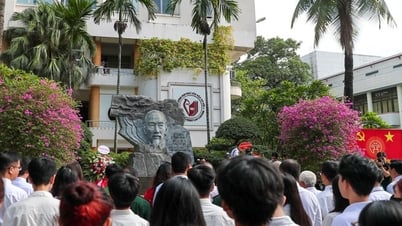

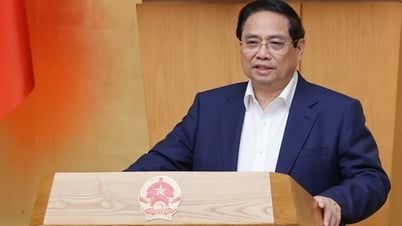
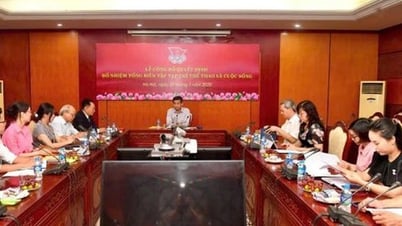
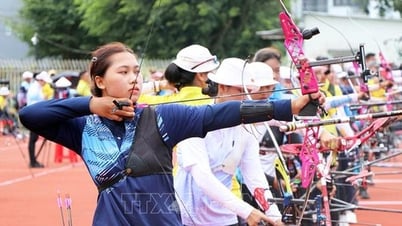
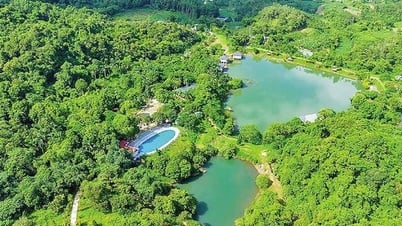







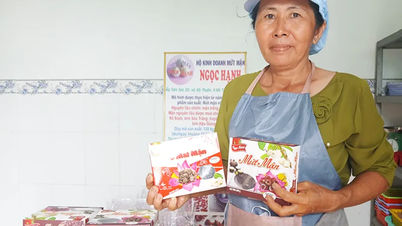















Comment (0)